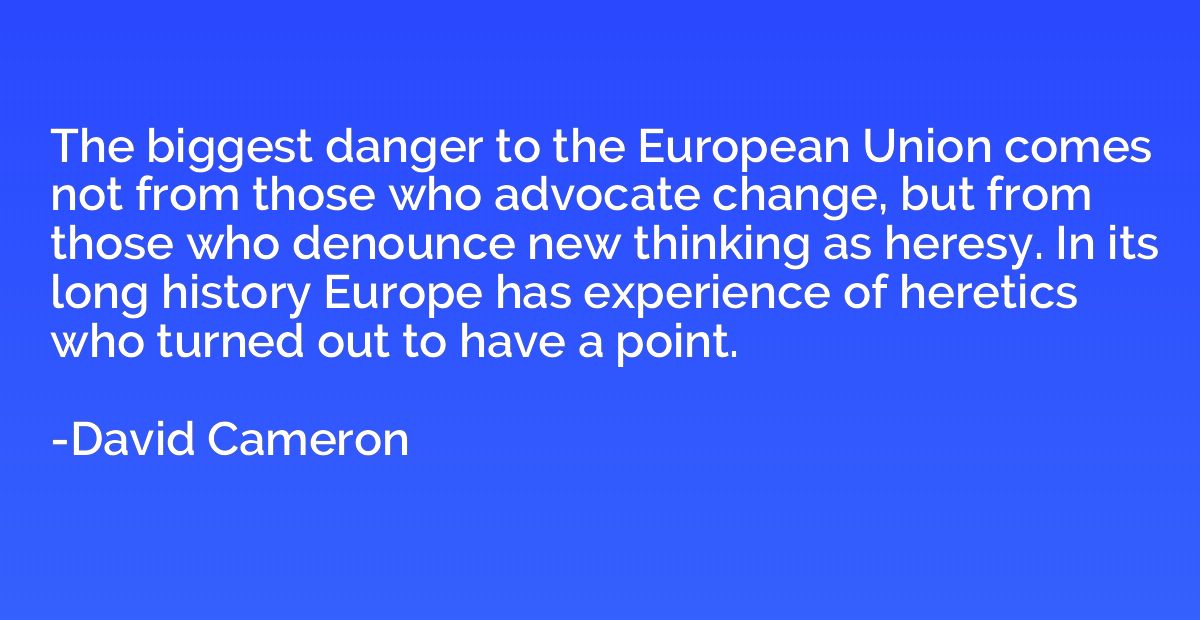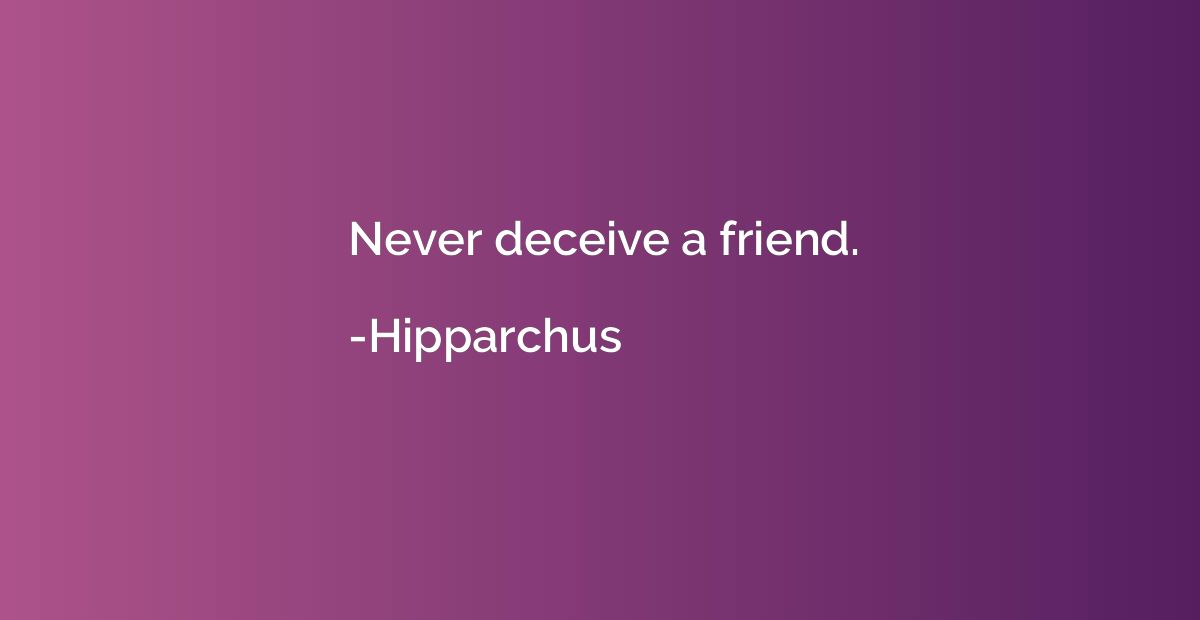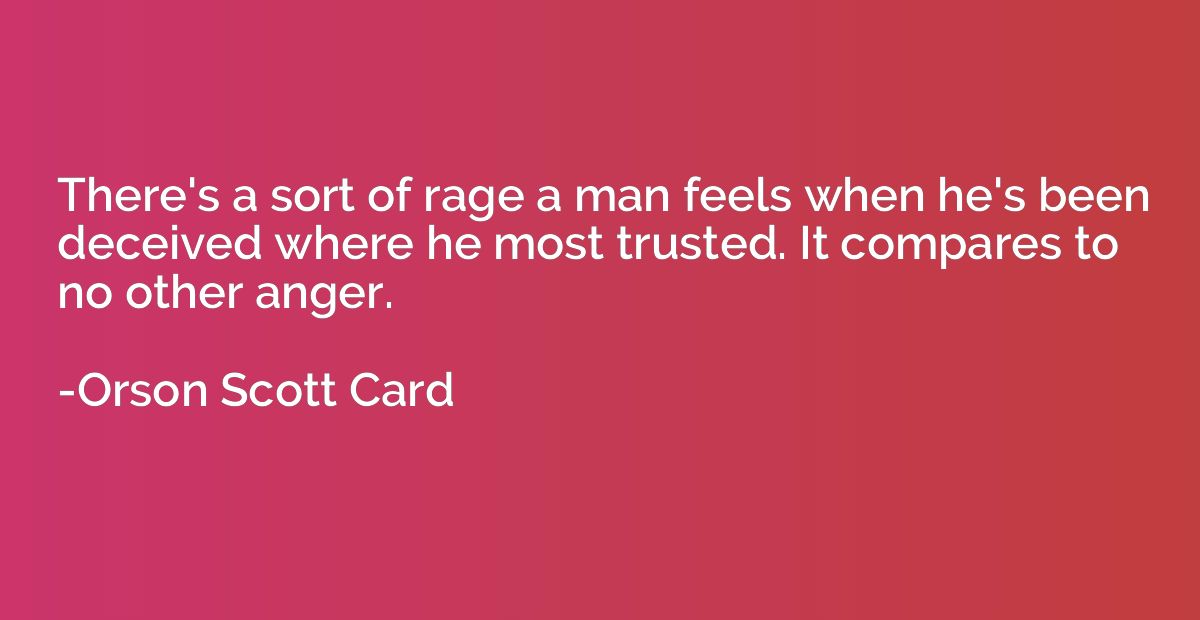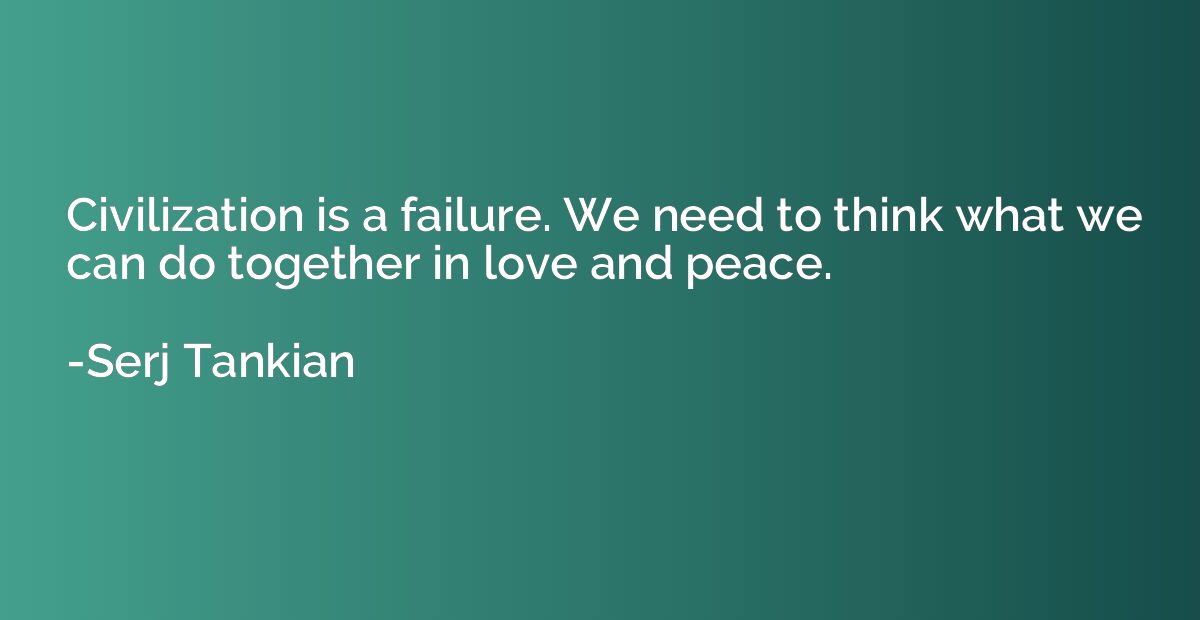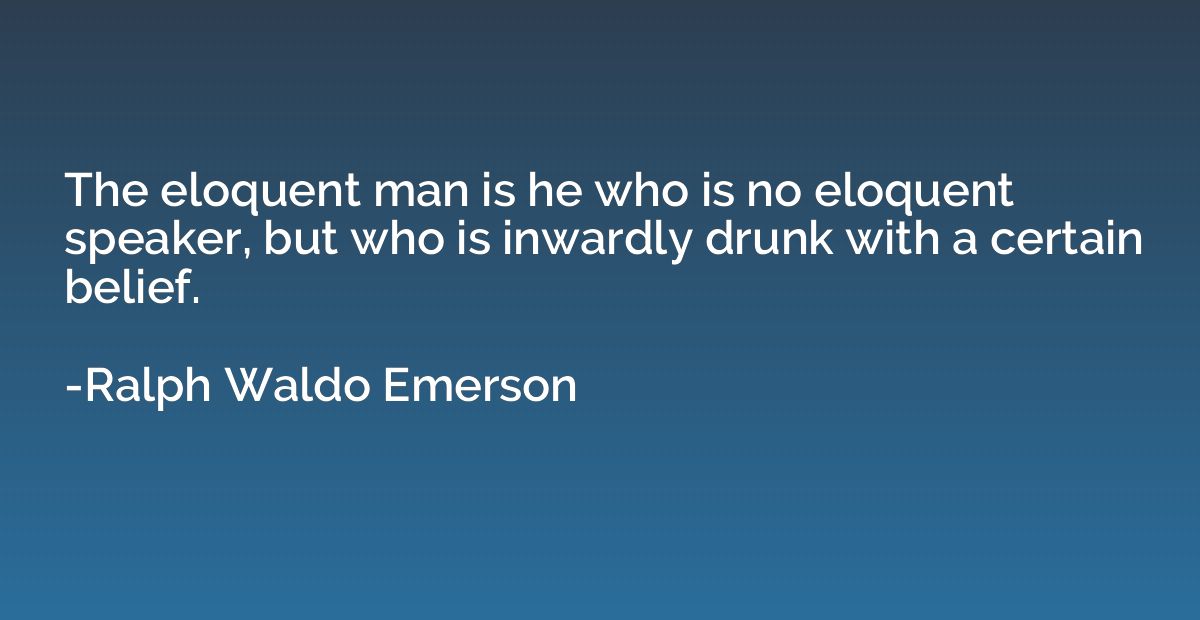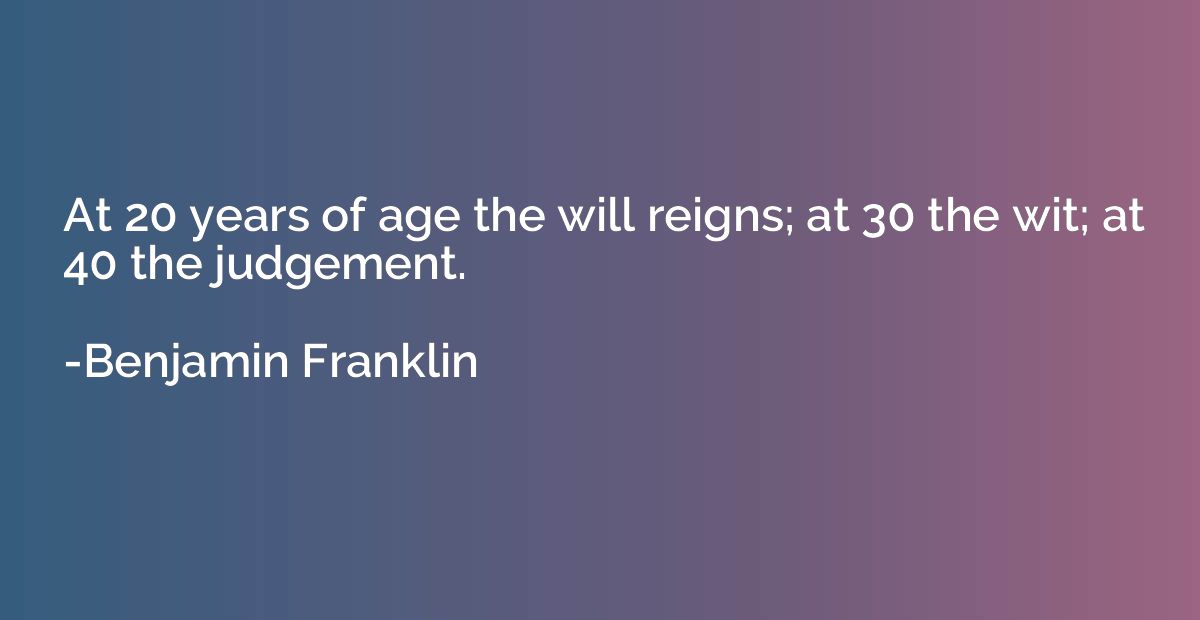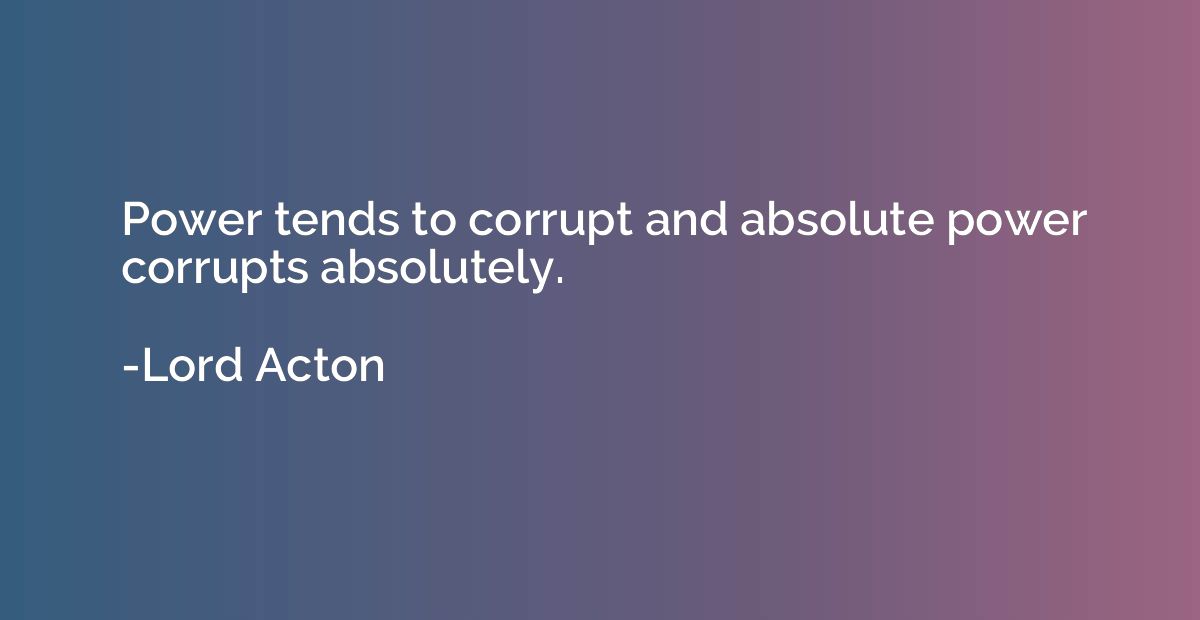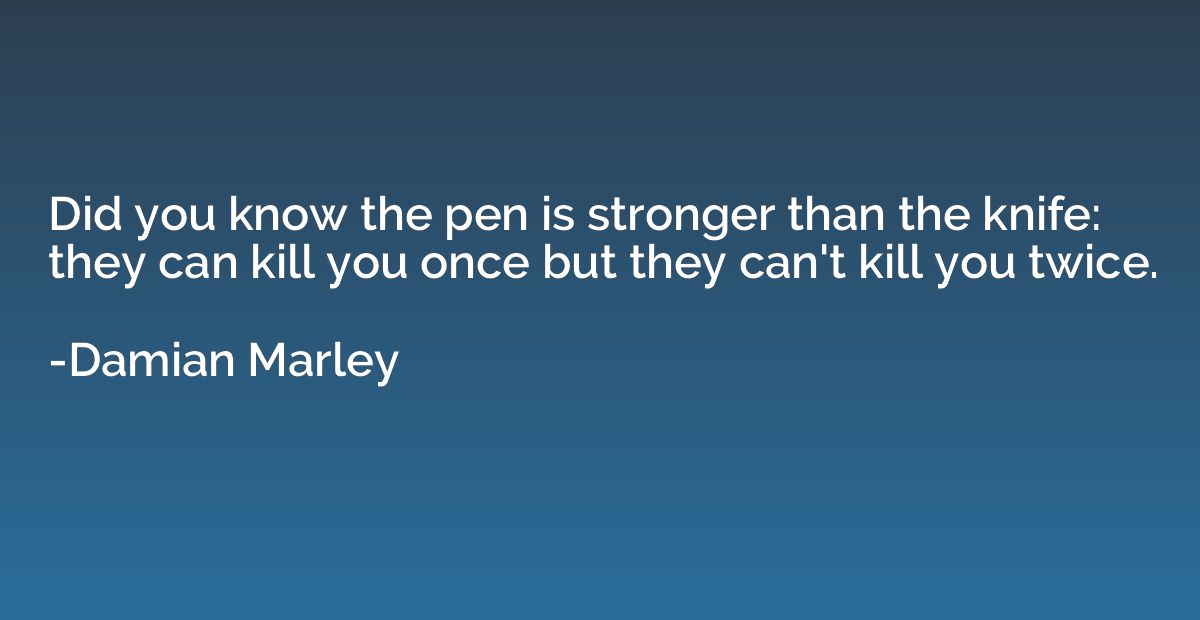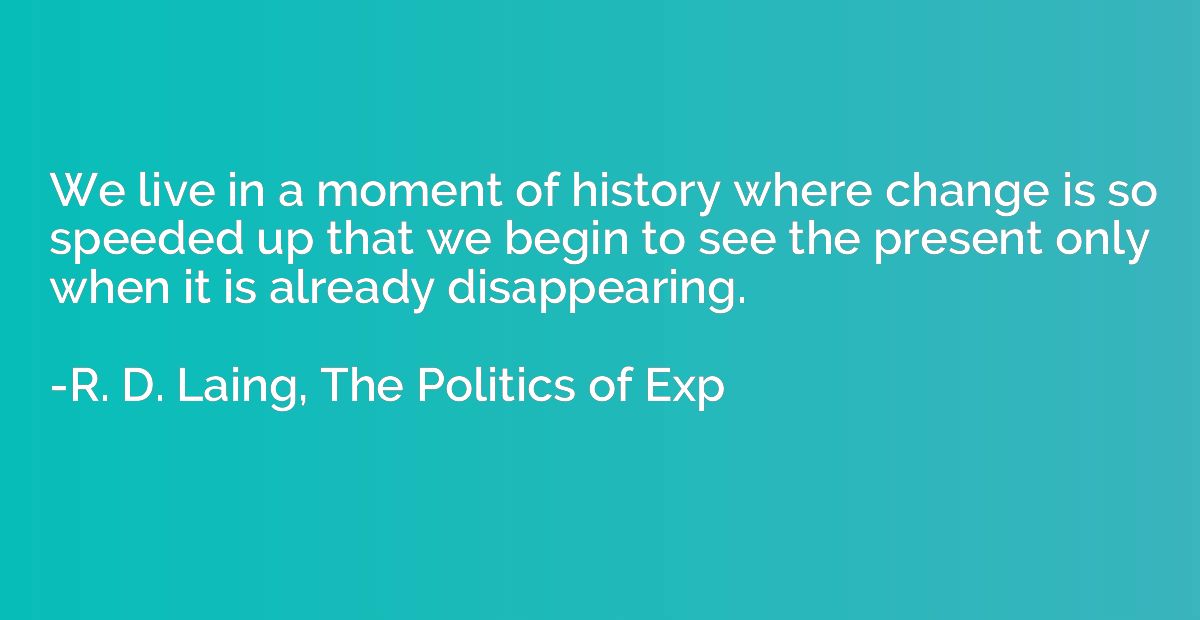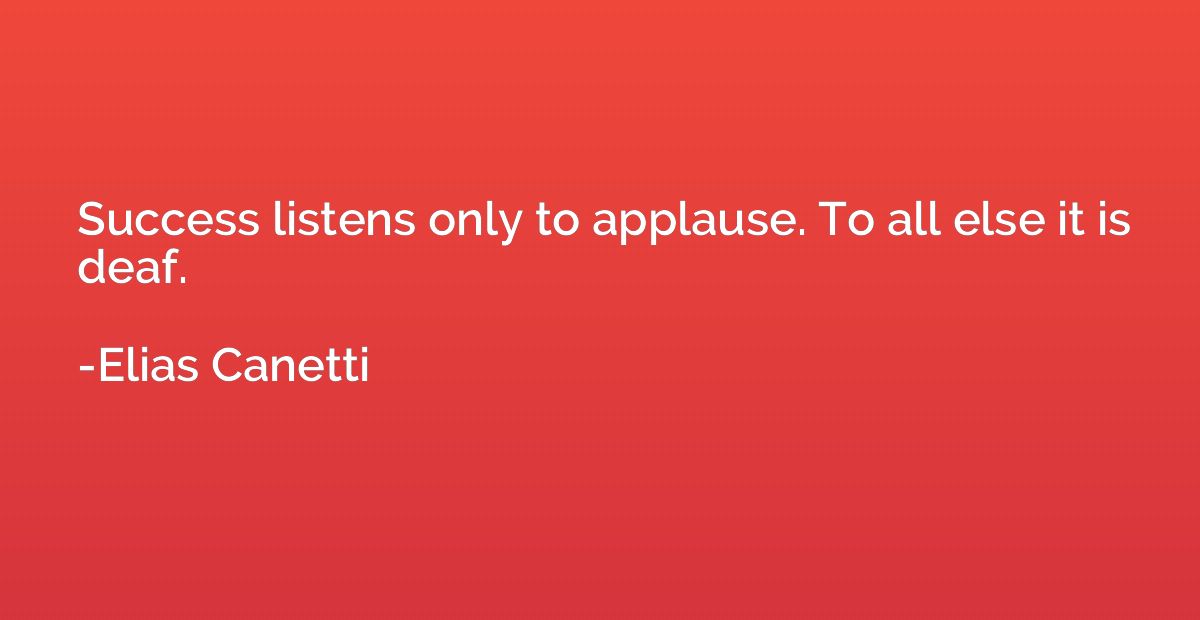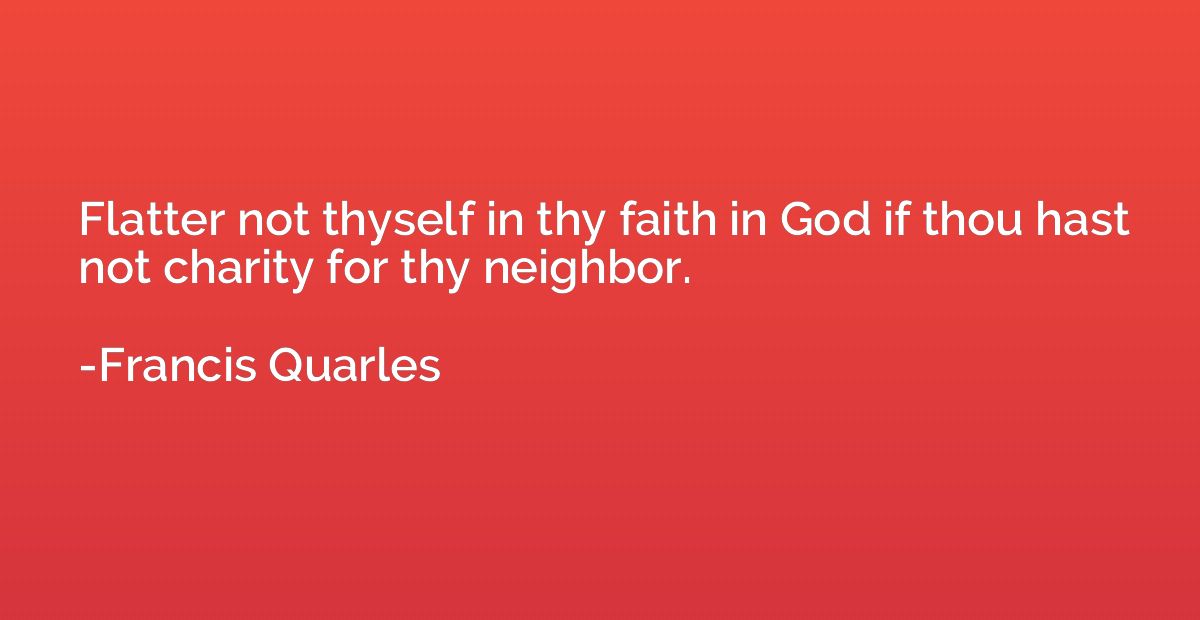Quote by George Orwell
Though I speak with the tongues of men and of angels, and have not money, I am become as a sounding brass, or a tinkling cymbal. And though I have the gift of prophecy, and understand all mysteries, and all knowledge; and though I have all faith, so that I could remove mountains, and have not money, I am nothing. And though I bestow all my goods to feed the poor, and though I give my body to be burned, and have not money, it profiteth me nothing. Money suffereth long, and is kind; money envieth not; money vaunteth not itself, is not puffed up, doth not behave unseemly, seeketh not her own, is not easily provoked, thinketh no evil; rejoiceth not in iniquity, but rejoiceth in the truth; beareth all things, believeth all things, hopeth all things, endureth all things. . . . And now abideth faith, hope, money, these three; but the greatest of these is money. I Corinthians xiii (adapted)
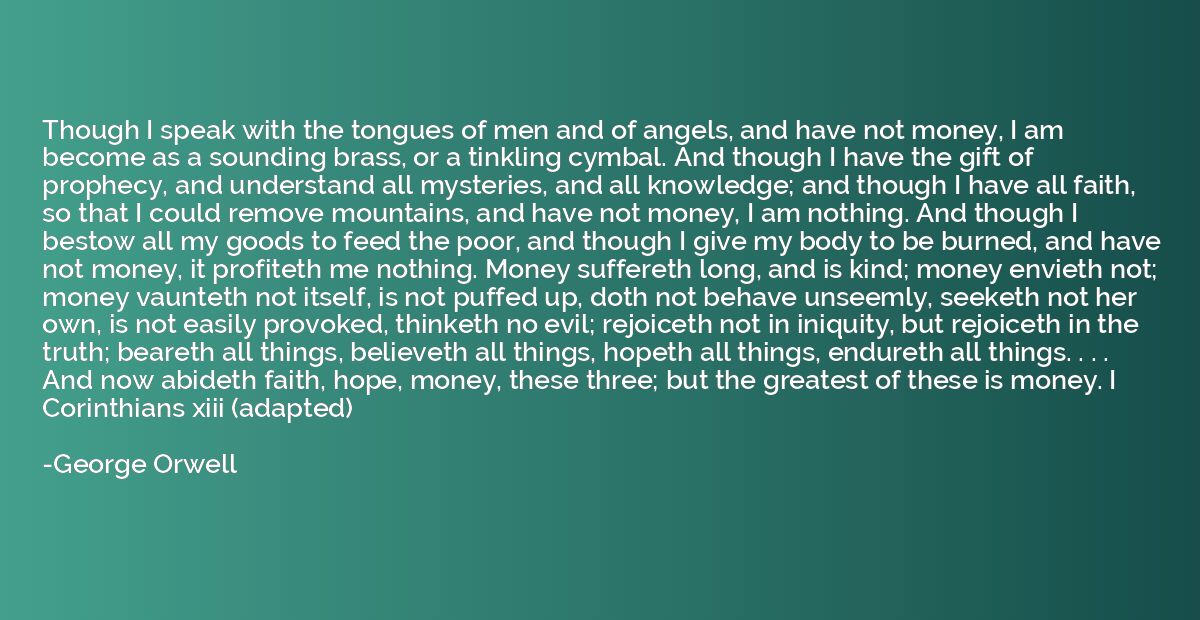
Summary
This quote is a satirical adaptation of a verse from the Bible (I Corinthians xiii) that emphasizes the significance of money in society. It suggests that without money, even the possession of extraordinary gifts and qualities, such as speaking eloquently, having prophecies, understanding mysteries, or possessing faith, amount to nothing. The adaptation highlights the idea that in our materialistic world, money holds immense power and can overshadow other virtues like faith and hope. It satirically portrays money as possessing qualities like kindness, humbleness, and patience, suggesting that society values money above all else.



